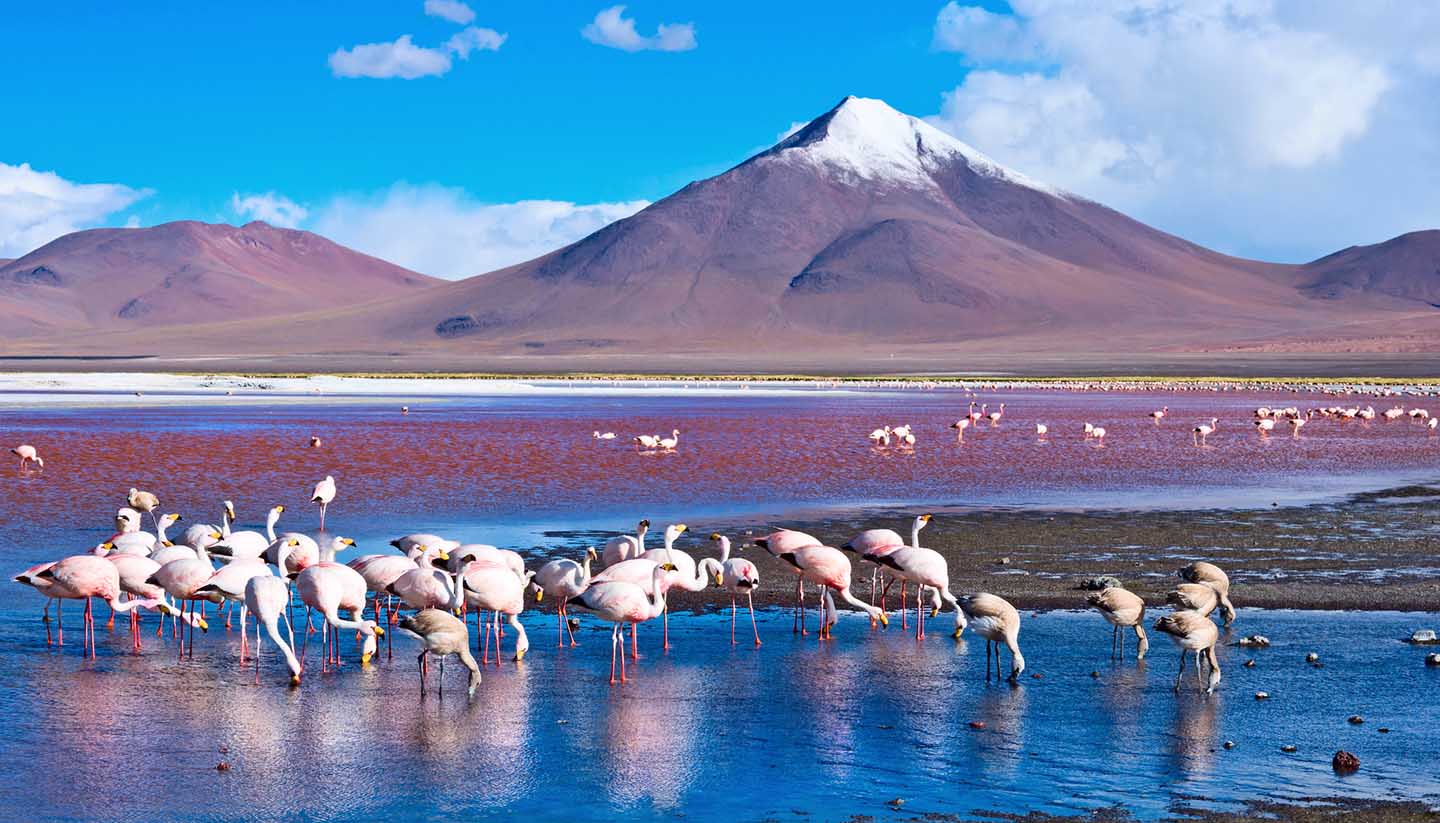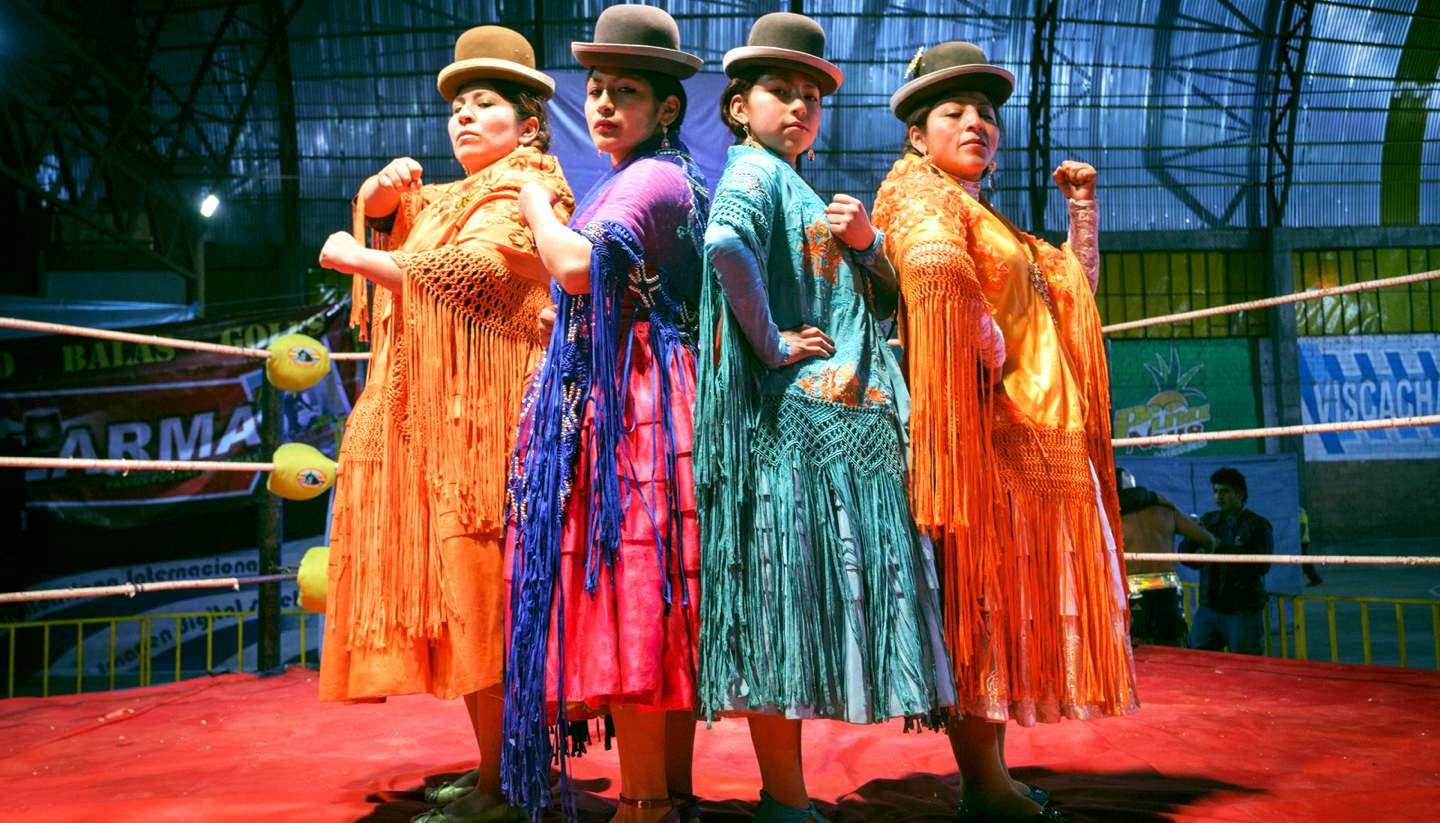Where to stay in Bolivia
Hotels
Deluxe and first-class hotels in Bolivia are largely contained to the big cities. There is no official accommodation rating system in Bolivia, but some top end hotels will charge around 700 bolivianos per night, where you can expect nice architecture, surroundings and facilities. In smaller towns, the option for top-tier accommodation is difficult to find, and cheaper options are more widely available. There is an assortment of mid-range hotel accommodation available, generally of good value.
Rates rise at hotels during peak season (July and August) and during any of the regional or national fiestas, prices can double or treble. Haggling is sometimes an option at the cheaper or mid-range hotels, especially if it is quiet or there is a large group.
In the cold highland cities, heating is only found in the most expensive hotels and the same goes for air conditioning in the tropical lowlands. Most hotels will have hot water, a safety box and luggage storage facilities. Service charges and taxes (amounting to 25-27%) are added to bills. Rates are for room only, except where otherwise indicated.
Bed and breakfast
Pensions in major cities provide visitors with comfortable accommodation and food at a reasonable price. If you're in transit and are after a stop gap between places, accommodation near bus stations is usually cheaper in price.
Camping
Camping is rare but possible in Bolivia. There are no formal organisations or marked zones, so adventurous travellers can camp for free (outside cities and towns). Mallasa, Valencia and Palca in the river gorge below the La Paz region of Zona Sur are possible options. If you're setting up in fields near any houses, it is always best to ask permission first. You may find adequate lodging for a small fee, especially in the National Parks.
Other accomodation
Homestays offer a more in-depth experience and a fuller appreciation of cultural identity, and are available in most places which are connected with tourism of some kind. It’s a popular option as a way to learn the language at grassroots level. Volunteering with community projects in return for board and lodging is a good way to get under the skin of the local community. Local tour companies and NGOs can help advise on options.
Eco-lodges and cabins are primarily based around Bolivia's Amazon region. Rurrenabaque is the hub for lodge stays and packages typically include full board, nature trails and wildlife-watching excursions into the rainforest. The original and best-known lodge in Bolivia is Chalalan (www.chalalan.com), a community-run eco-lodge managed by the indigenous community of San José de Uchupiamonas.
The number of hostels in Bolivia is ever-increasing due to popular demand and the recent rise in tourism. All major cities and towns on the tourist circuit will have cheap hostels available with a by-the-bed rate. La Paz has a wide range (from quiet and peaceful to raucous and party-led). Most dorms will have bunk beds and will share a bathroom, though some hostels offer private rooms for a slightly higher fee. Most hostels in Bolivia do not have communal kitchens as in other countries, as eating out is just as cheap here. Some of the more established hostels have their own bars and restaurants.


